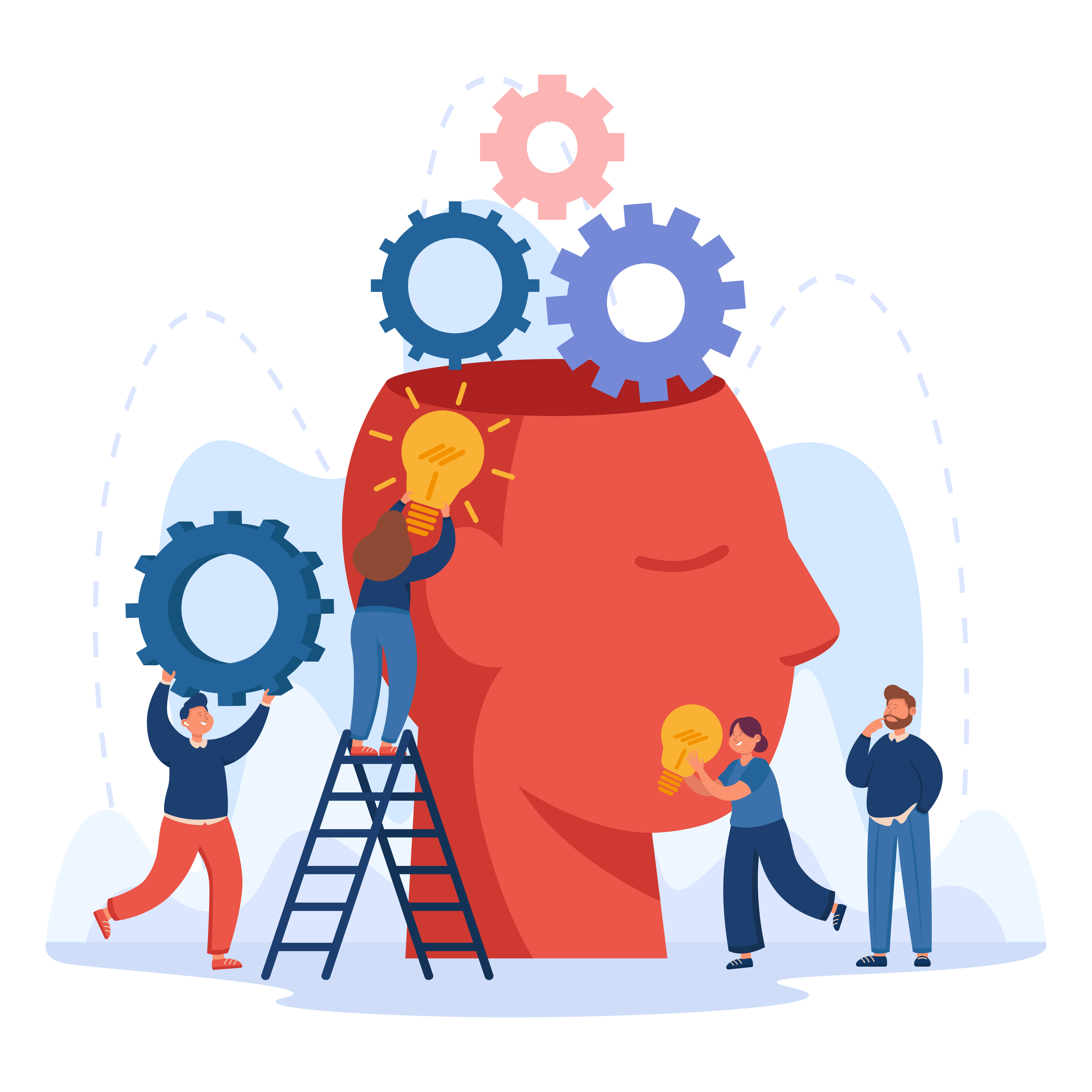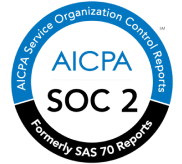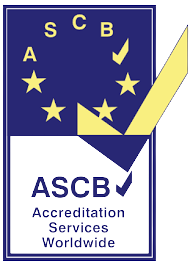Table of Content
Introduction
Executing a management 3.0 mindset means believing that 95 per cent of the business output and performance is the byproduct of the entire system. The focus is on how the whole system processes and progresses instead of only focusing on the individual mindset and growth.
This mindset allows teams to work in unison, as a single unit or an extended family. They work and strive to achieve common goals while these align with their personal commitments.
The workplaces are flexible, feedback loops close on time, and agility is at the core of every department. There is so much for an average HR manager and C-suite leader to explore when they want to implement an intuitive HRMS like ours for executing and ensuring a management 3.0 mindset at all times.
If you’re one of those leaders, scroll the post. You will get ample knowledge below.
Don’t have time to read the entire post?

How does a management 3.0 mindset fair while implementing EI-enabled HRMS?
- Everyone focuses on the unified team effort.
In an organisation where management 3.0 is at the surface or at the forefront level, everyone is seen to be focusing on their goals and team efforts in unison. They have clarity on what the entire team has to achieve and where they want to go from level one to the next.
Their reporting managers have set clear goals for the entire team. The same must be visible to individuals on the team’s KPIs or goals on the PMS module of an ESS that we provide.
- Roles might fluctuate, but with clarity and careful planning.
An organisation will allow roles to fluctuate within teams or business units when they want to exercise a management 3.0 mindset. But there has to be clarity on each person’s and team’s goals, tasks, and priorities.
This is visible to the reporting manager and senior management on the uKnowva instance. Also, reporting managers can then reassign projects to their currently available resources. They can always adjust the role of a person in their team for the time being if the priorities change for the organisation.
This helps them to utilise the available talent as much as they can without having to mess up with the quality and emotions of the deployed person, compressing the productivity, or hiring a new resource altogether.
- The team thrives on a continuously learning attitude.
Team members welcome new approaches and methods to acquire new skills and talents. They know what it means to thrive in a very competitive world or market. So, it’s not a hard decision for them to make when they want to learn skills on the job and whenever they are active, having less work at the moment to spare minutes and learn the next module.
These modules are easily accessible to the reporting manager and their team members through eLMS. This function is available at uKnowva. You can have full access and admin control as a content creator and uploader.
Team members can have recommendations based on their previous modules, experiences, skill sets, and completed projects. They also get system-generated reports, stats on the competition of courses, and certifications to add to their portfolio.
These and more such features enable employees to learn on the go. They look forward to leveraging this module at all times and becoming the best version of themselves.
- New suggestions and ideas have a separate space for discussion.
To exercise a management 3.0 mindset, the organisation has to welcome new ideas and suggestions. Employees easily share their opinions on the intranet or post their concerns in a separate group to initiate the discussion.
Reporting managers do not intervene to micromanage. Rather, they collectively come to a conclusion after discussing new ideas and suggestions and refining the work culture ahead.
- Feedback is on time to help everyone outgrow their potential.
In modern times, organisations have to speed up their feedback cycles. The staff is always eager to know if they are faring well in the organisation. Real-time feedback is of value to them for this purpose and to decide whether they have a future in the firm.
They will get the right idea or picture if they are learning new things, getting better projects, having more opportunities for income hikes, etc.
uKnowva allows you to complete the feedback loop after every completed project. Project managers leave their remarks for each member. In fact, members do so for each other on the project charter in the project management system in our instance.
This helps everyone keep a record and track the reviews and ratings. These ratings also help the manager decide on the final evaluations to close while appraising the high performers at the end of the evaluation period.
- Brainstorming opportunities are endless and limitless.
There is no boundary to brainstorming. Teams can connect with one another on the social intranet. Team members can belong to different teams and departments. The online chat between them must be purposeful, and it is never lost.
The chat stream will keep a log of their conversation to close the loop and progress in the brainstorming ideas without having to fear judgement or rebuttal from the senior management.
- Employees look forward to engaging and connecting with each other.
This point is connected to the one above. Employees in a modern organisation that values and implements a management 3.0 mindset look forward to connecting and engaging with one another.
They have the right medium, forum, or tool, like ours, to exercise their collaboration and coordination needs. This improves the rapport between different team members.
They can begin to think alike and in line with the greatness they want to achieve for the ultimate growth of the business output and productivity.
- Teams implement unified and secure knowledge-transferring systems.
Knowledge-sharing systems and processes are secure and safe when you’re on uKnowva. We do not peek into your data. The private notion is intact, and your login credentials are encrypted and highly secure.
You can also set up two-factor authentication when you are using the uKnowva instance. So, you can easily share documents, PDFs, and other files on the instance without worrying about it crashing, hacking, or getting cracked.
This speeds up the process of closing loops, connecting better even from remote locations, and sharing knowledge to upskill everyone within the reach of the organisation.
- Appreciations are never missing out on the agile career growth plans.
Appreciations play a vital role in the management 3.0 mindset that an organisation and a team have to exercise. Without in-time appreciation, employees find themselves in a fix.
They are not sure if they’re on the right track or path to achieve the deliverables they’re expected to within the deadlines and with the output they can extract.
However, when team leaders and senior management appreciate young talent, it boosts everyone’s confidence and ego. They work smarter with more efficiency, accuracy, and accountability to achieve their feats and break mundane mindset barriers.
In fact, real-time appraisals become an intricate and integral part of having agile career paths in an organisation. Employees look forward to receiving those after achieving the unachievable or unthinkable with their heroic efforts for the ultimate business growth.
Conclusion
We gave you exposure to 9 thriving points and ways that shine through when you exercise a management 3.0 mindset. If you think, it’s time for your organisation to swipe right into this kind of mindset, reach us at any time.
We will help you implement uKnowva and prepare for the modern world of simplifying HR processes from one end to another.
FAQs on Management 3.0 Mindset
What role does employee engagement play in the Management 3.0 mindset?
Employee engagement is a central focus in Management 3.0, as it recognizes that engaged and motivated employees contribute significantly to the overall success and innovation of the organisation.
How can leaders implement the Management 3.0 mindset in their teams?
Leaders can implement the Management 3.0 mindset by fostering open communication, encouraging autonomy, and creating a culture that values continuous learning and adaptation.
What is the significance of feedback in the Management 3.0 approach?
Feedback is crucial in Management 3.0 as it promotes transparency, helps identify areas for improvement, and enables teams to learn and grow collectively.
How does Management 3.0 address the need for adaptability in today's business environment?
Management 3.0 mindset addresses adaptability by promoting a mindset that embraces change, values learning from failures, and encourages teams to continuously adapt to evolving circumstances.












